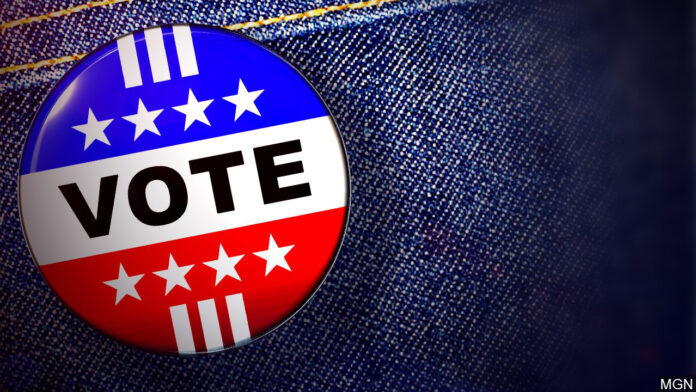Early voting ends Friday for the March 3 Democratic and Republican primaries. Registered voters who can’t, or prefer not to, vote next Tuesday, are encouraged to take advantage of the opportunity to have your voice heard.
It’s true that this isn’t the general election. Many voters, even those who have voted in primaries before, express surprise and sometimes discontent when they find that their ballots don’t have all candidates who are running, or for whom an individual wants to vote.
The current votes are primaries, in which the Democratic and Republican parties determine who will be on the general ballot in November. Thus, all Republicans are on one ballot and all Democrats on another, and voters must choose the party primary in which they want to participate. Some states require voters to declare membership or support for a particular party. Texas doesn’t, but again, the primaries are run by the parties; they aren’t general in nature.
Thus, people who call for open primaries, in which voters can participate in all parties’ selection process, miss the point of the process. The parties run this part of the process, and they aren’t likely to open it up to the possibility that opposition party members will cast strategic votes in the primaries that undermine certain candidates and raise the possibility that they will lose to the voters’ preferred candidate in the other party.
Primary ballots also contain propositions that help the parties determine their platforms and positions for the final national campaigns. Proposition votes gauge the strength of public support or opposition to key issues such as the border wall or taxfunded health care. In some ways, therefore, the primary ballot has its own choices that won’t be available to voters in November.
It must be noted that while two parties dominate U.S. politics, they aren’t the only ones that will be represented on the November general ballot. Other parties choose their candidates in different ways. The Libertarian Party, which is the nation’s largest “third party,” has participated in some primaries but not in Texas; Libertarian candidates normally are set at the party’s conventions; state candidates at the state convention, which is scheduled April 16-19 in McAllen, and the presidential candidate at the national convention May 21-25 in Austin.
While some people might think the singleparty primary system limits voters’ options, that isn’t necessarily the case. For example, Democrats can vote for any of the declared candidates — or write in their own choices — to help determine which of them will face President Trump in November. More importantly, given the Democratic Party’s dominance in the Rio Grande Valley, all declared candidates will be on that party’s primary ballot. Many of next week’s victors will run unopposed in the general election, making this the only chance voters have to make their choices known.
Given the chance that any one voter’s preferred candidate might not make it out of the primary, and thus not be on the November general election ballot, and the chance to weigh in on issues that are likely to appear on the parties’ platforms, shouldn’t be taken lightly; anyone who can vote, and hasn’t yet, shouldn’t lose the chance to do so.





